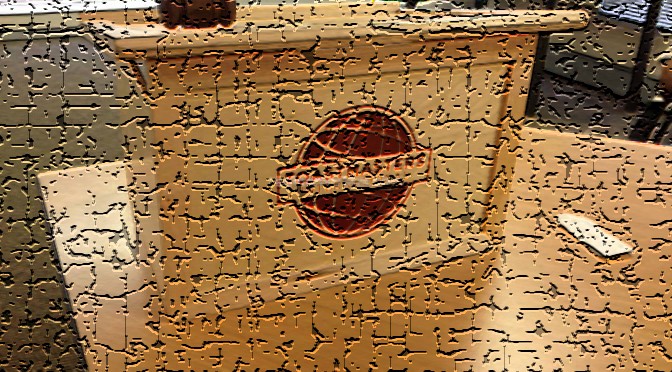Jokes are serious business. So serious that comedians often get other people to write their material for them. No one can be funny all of the time. Famous funny people also make a lot of money from their comedy – it is serious business indeed.
To introduce a joke or humourous story in a speech or presentation you need to know who your audience is otherwise it could fall totally flat making you look (and probably feel) foolish.
If you decide to go ahead with it, make sure that it is appropriate.
And then, most importantly, ensure that you can tell a joke well. There is nothing worse than a joke told badly.
Some people try very hard to be funny and many times the audience sees through this. At a social occasion they may even heckle you to show their displeasure.
I asked a public speaker who is a also very good joke teller and humorous speaker some questions on jokes and how he approaches their telling.
When you do use jokes?
The joke has to have a purpose in a speech – to highlight a point or to bridge. When the speech needs a slight mood change I may make a joke to bridge. If I’m Emceeing, jokes are good openers, it’s great to start off the evening with a few jokes to lift the mood and people start to enjoy it right from the start.
Any tips for telling jokes?
Timing is everything. Know your joke well so you tell it like a story, don’t read it. You can make even the corniest joke enjoyable if you tell it well and you can absolutely spoil a great joke by messing up telling it properly.
Have you ever had a joke fall flat?
Yes! My own fault, by not researching really good jokes and having to rely on corny jokes and also due to lack of preparation – not memorising a joke well and leaving out a key part meaning that the joke doesn’t make sense. And it was because of that I decided that to tell the joke as a story from memory was the best.
Do you write you own material?
I have on occasion come up with my own but it’s extremely difficult.
What is difficult about it?
The originality of it, it seems obvious when you hear a joke. When you try to come up with your own you suddenly realise that it’s not that easy. It’s important for jokes to be in context with the occasion and the audience.
Any tips to the telling of the joke?
People love being surprised. It’s about anticipation. By inserting a little pause just before the punchline helps to build up the anticipation. Timing is everything. People expect a certain answer and when they get the answer that’s maybe different to the one they were expecting, that’s when they enjoy it.
********
I am not a natural humorous story teller and I generally stay away from telling jokes. Jokes are serious business. Timing is everything. If you do not know a joke well then do not tell it. These are some of the points I got out of this chat. Hopefully this information is useful to you.
See you tomorrow for K is for Knowledge.
This post is part of the Blogging from A to Z Challenge. Twitter hashtag is #AtoZChallenge and Twitter id is @AprilA2Z
Discover more from Wide Eyed In Wonder
Subscribe to get the latest posts sent to your email.
